Management Exams
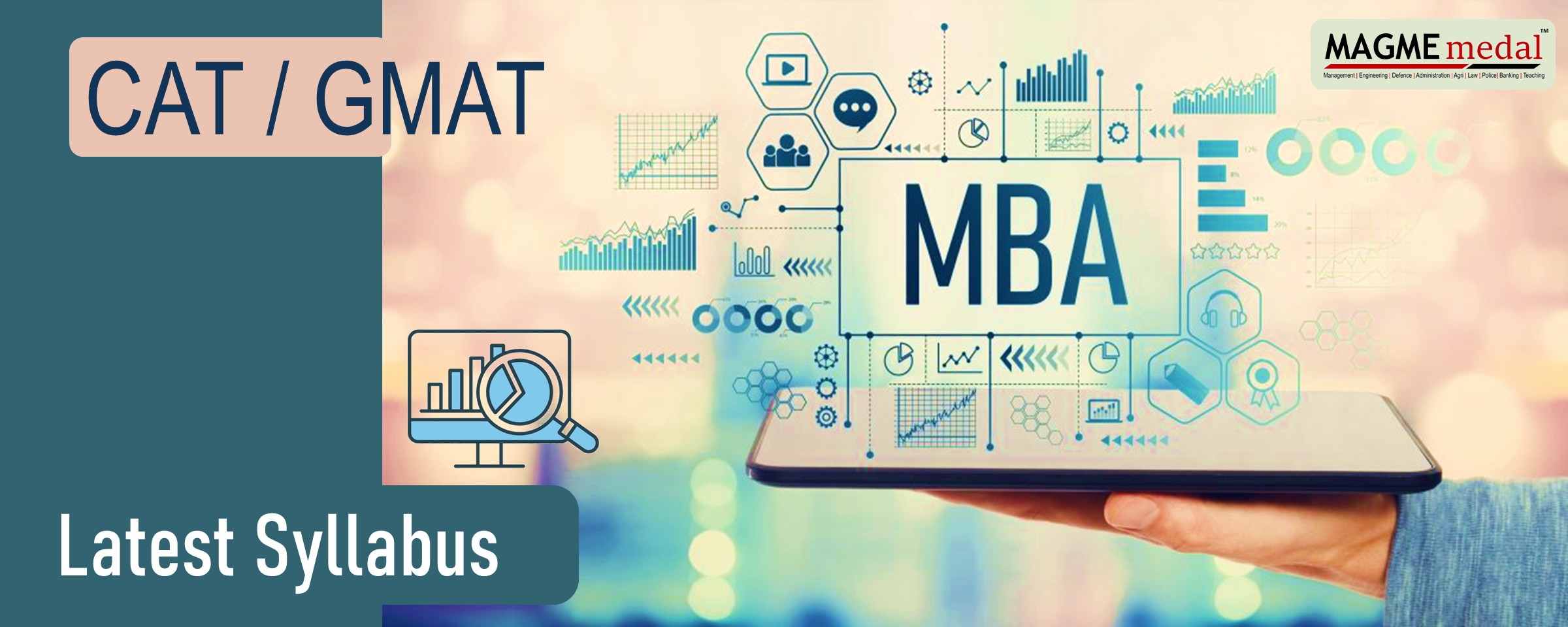
Quantitative Aptitude is a key section in CAT, GMAT, and MAT exams, each with a different focus. CAT emphasizes logical reasoning and conceptual depth, covering topics like arithmetic, algebra, geometry, number systems, and data interpretation. GMAT focuses on precision and analytical thinking, with a strong emphasis on problem-solving and unique data sufficiency questions, covering arithmetic, algebra, and number properties. MAT is more speed-oriented, testing direct application of formulas
|
|
|
|
|
Banking Exams
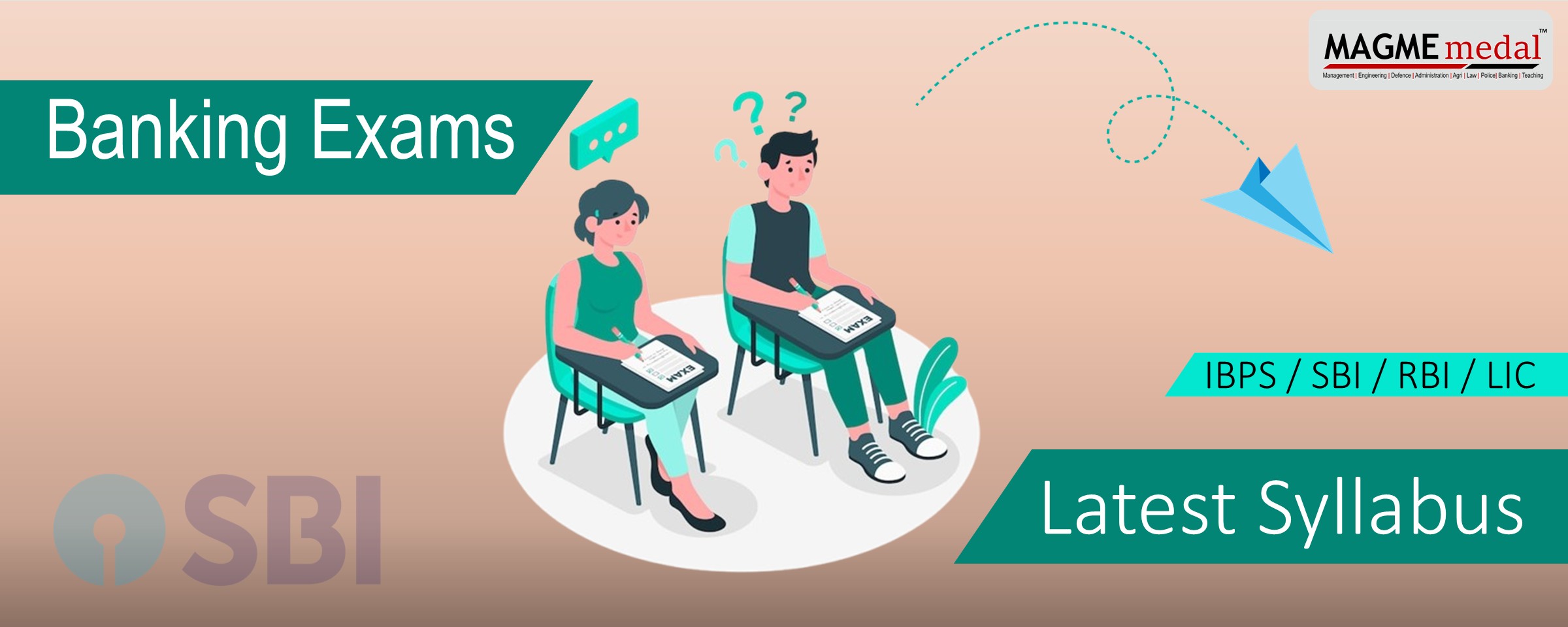
Quantitative Aptitude in banking exams like IBPS PO/Clerk, SBI PO/Clerk, and RBI Assistant focuses on speed, accuracy, and problem-solving. The syllabus includes Simplification, Approximation, Number Series, Quadratic Equations, Data Interpretation (DI), and Arithmetic Word Problems (like profit & loss, time & work, percentages, averages, ratios, and simple/compound interest). In prelims, the focus is on fast calculation and accuracy, while mains include higher-level DI, caselets, and data sufficiency. Mastery of basic formulas, quick mental math, and regular practice are key to scoring well.
|
|
|
|
|
TNPSC Exams
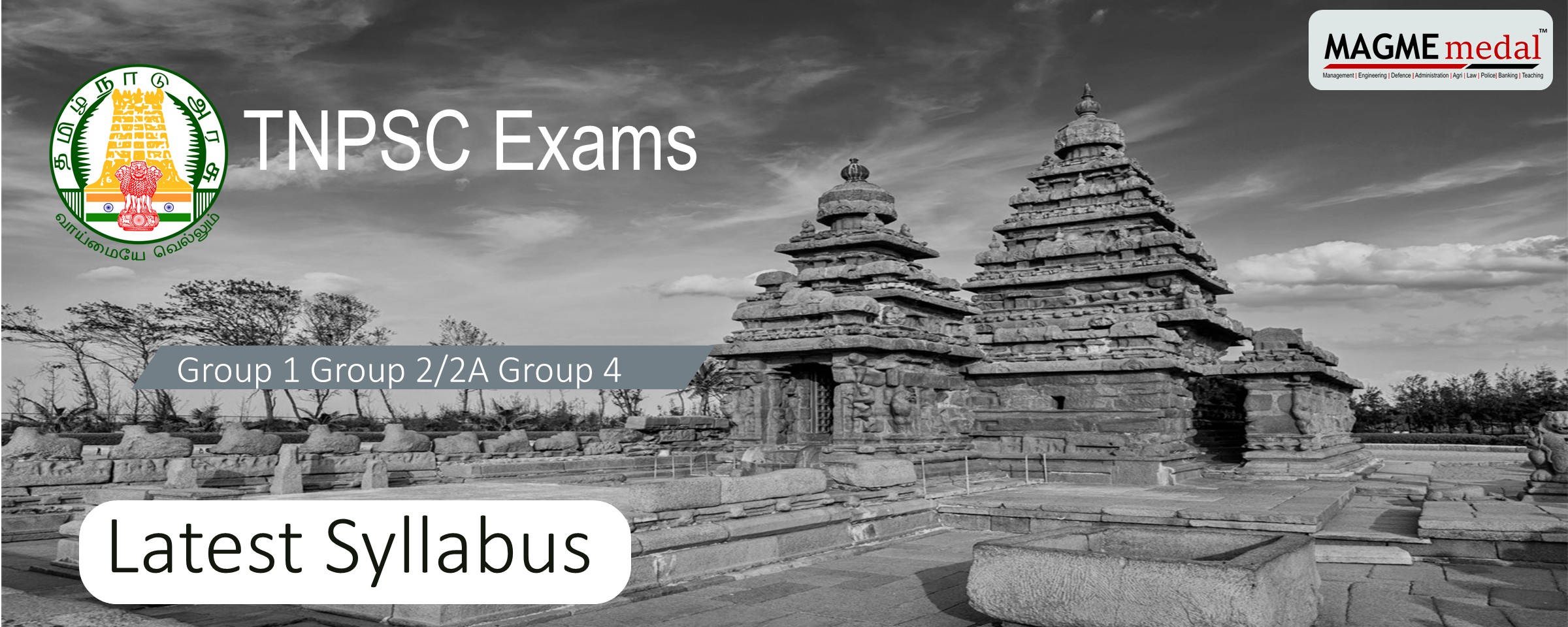
The TNPSC Group Exam syllabus (for Group 1, 2, 2A, and 4) includes General Studies, Aptitude & Mental Ability, and General Tamil/English. The General Studies section covers subjects like History, Geography, Polity, Economy, Science, and Current Affairs, with a focus on Tamil Nadu-related content. The Aptitude & Mental Ability section includes basic math (percentages, ratios, time & work, profit & loss), logical reasoning, puzzles, and data interpretation, mostly based on the 10th std. For Group 1 and 2 (mains), descriptive questions are also included, testing essay writing and analytical skills.
|
|
|
|
|
Railway Exams
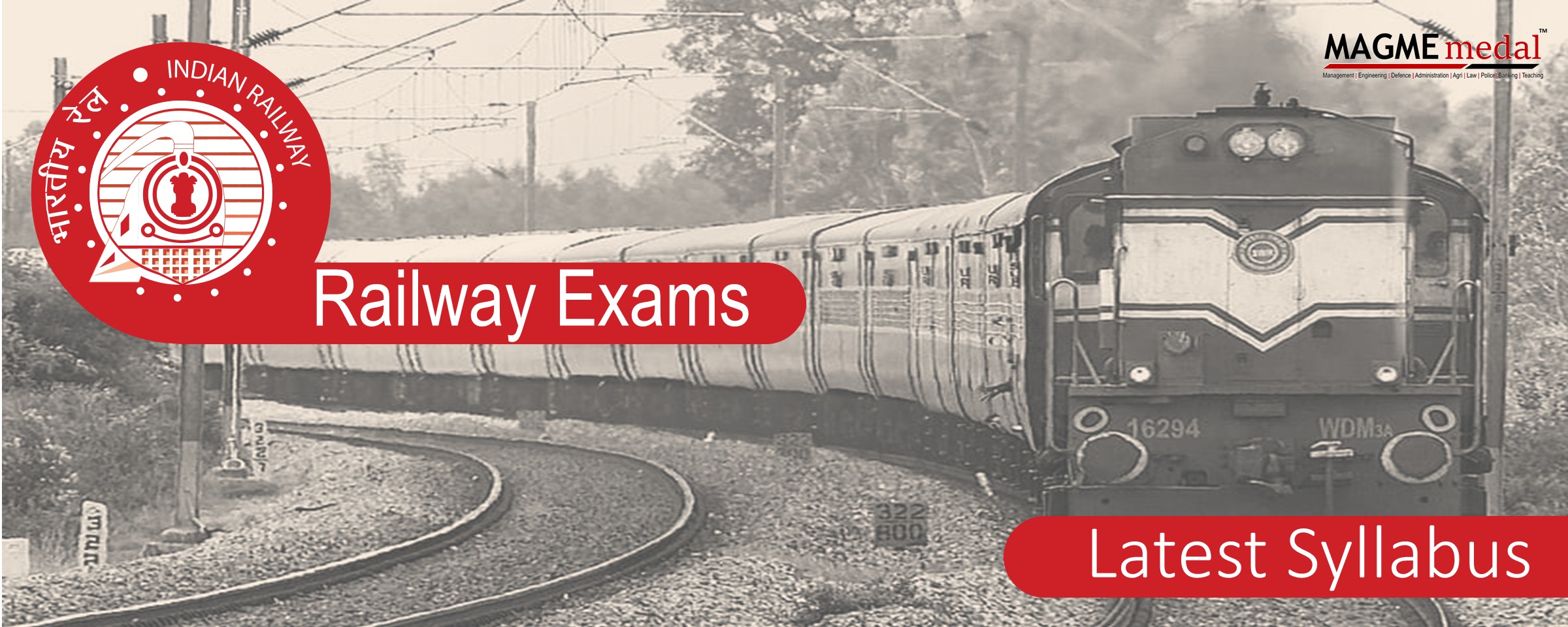
The Railway exam syllabus mainly includes four sections: Mathematics, General Intelligence & Reasoning, General Awareness, and General Science. The Mathematics section covers basic arithmetic topics such as percentages, profit & loss, time & work, time & distance, averages, SI,CI number system, algebra, and geometry, usually up to the 10th std. The Reasoning section tests logic through puzzles, coding-decoding, analogies, series, and syllogisms. General Awareness includes current affairs, Indian history, polity, economy, and static GK. General Science includes basic Physics, Chemistry, and Biology from the CBSE 10th std. The focus is on accuracy and speed, with questions being objective and time-bound.
|
|
|
|
|
KAS/KPSC Exams
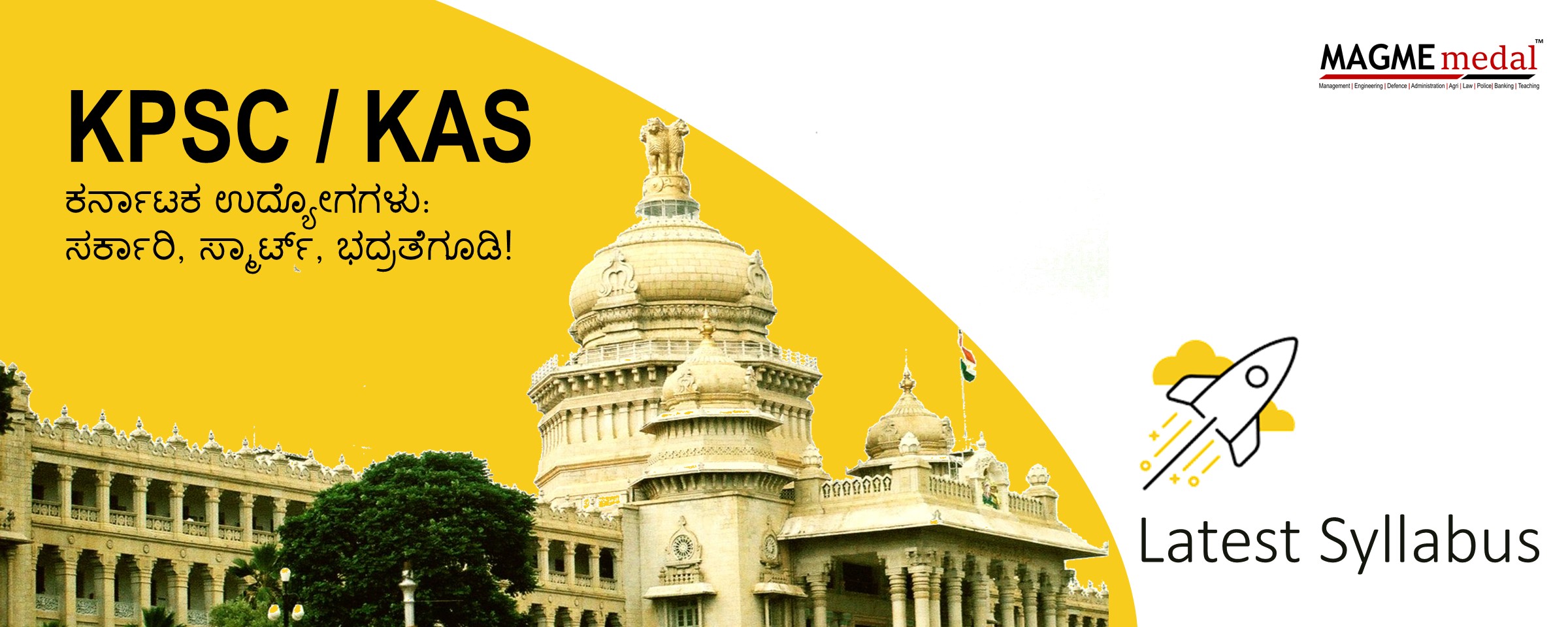
The KAS (Karnataka Administrative Service) and other KPSC (Karnataka Public Service Commission) exams have a syllabus that includes General Studies, Aptitude, Kannada/English Language, and for mains, essay and subject-specific papers. The Prelims consist of two papers: General Studies (Indian History, Geography, Polity, Economy, Environment, Science & Tech, and Current Affairs) and General Mental Ability (quantitative aptitude, reasoning, data interpretation, and basic math). The Mains include papers on language, essay writing, general studies, and optional subjects. Emphasis is placed on Karnataka-related topics, regional issues, and administrative knowledge, especially for KAS roles.
|
|
|
|
|
SSC Exams
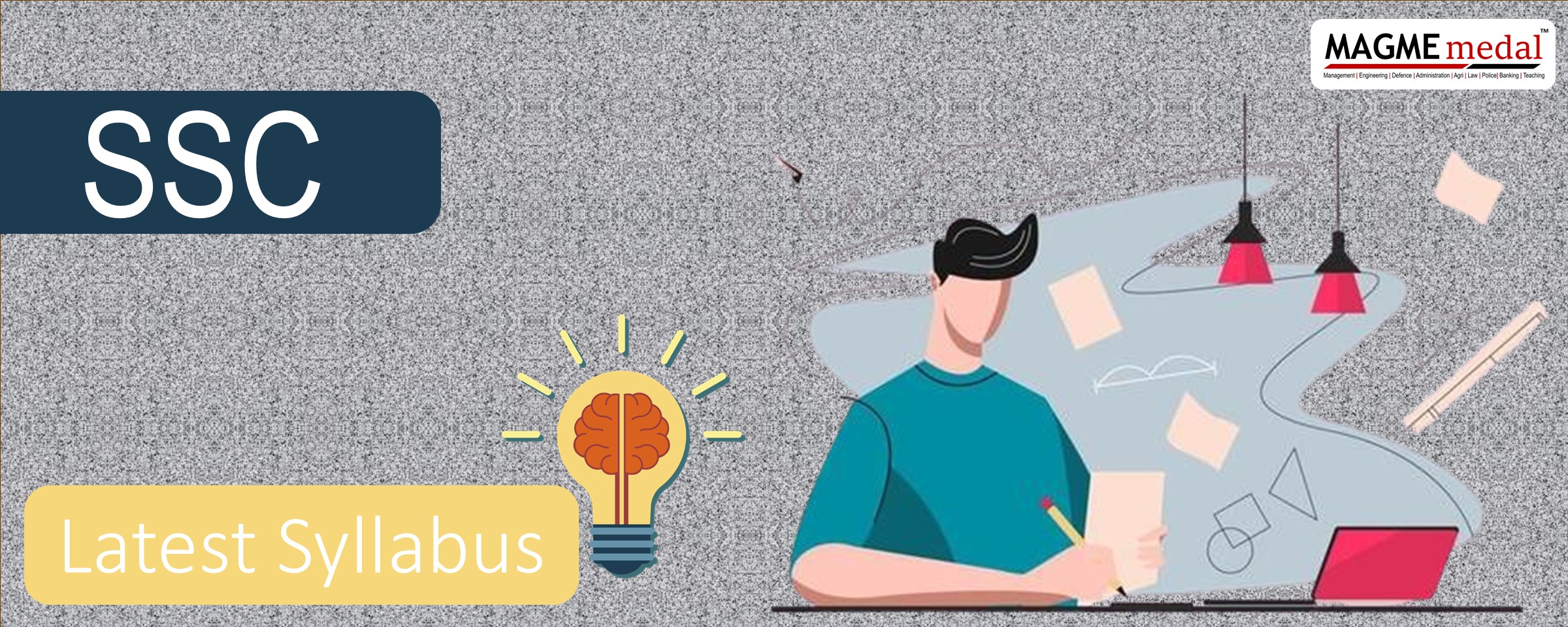
The SSC exam syllabus includes four main sections: General Intelligence & Reasoning, Quantitative Aptitude, General Awareness, and English Language. The Reasoning section tests logic-based questions like coding-decoding, series, puzzles, and analogies. Quantitative Aptitude covers arithmetic (percentages, profit & loss, time & work), algebra, geometry, mensuration, and data interpretation. The General Awareness section includes current affairs, static GK, history, geography, polity, economy, and science. The English section focuses on grammar, vocabulary, comprehension, and sentence structure. For exams like SSC CGL Tier 2, the difficulty is higher, especially in Quant and English. Regular practice and familiarity with previous year questions are key to cracking SSC exams.
|
|
|
|
|
![]()


